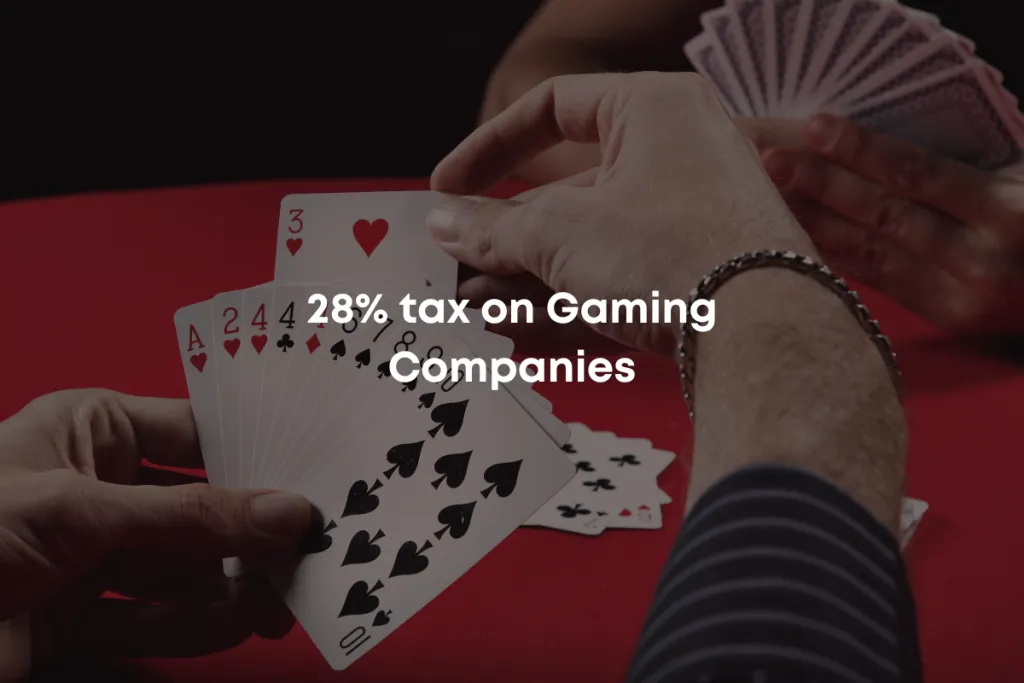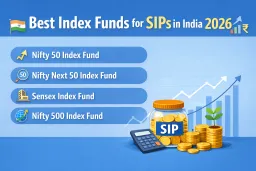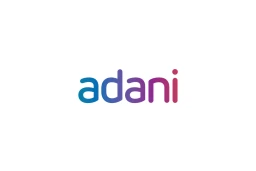28% tax on Gaming Companies in India

Welcome to our comprehensive blog that sheds light on the potential consequences of the newly imposed 28% tax on the gaming companies. With this significant regulatory change, the gaming landscape is set to experience a wave of transformations. As the tax policies hit the gaming sector, investors are facing critical decisions that may shape their investment strategies. In this blog, we aim to explore how this tax levy affects gaming industry’s growth, revenue streams, and market dynamics. By examining key indicators and potential risks, we offer valuable insights for investors looking to navigate the evolving landscape successfully. Join us as we uncover the implications of this tax and uncover opportunities amidst challenges in the vibrant gaming market.
28% tax on Gaming Companies -Recommendation by GST Council
Currently, online gaming companies are subjected to GST at different rates based on the type of games they offer. Games of skill are taxed at 18% on the gross gaming revenue (GGR), which includes total stake value or platform fees. On the other hand, games of chance are taxed at 28% on the total bet value. Users of online gaming platforms do not pay any additional GST on their bets. Except for the platform fee and a 30% TDS deduction on winnings.
However, in a recent development on July 11, 2023, during its 50th meeting, the GST Council proposed a uniform 28% GST levy on the total game value for online gaming, horse racing, and casinos, regardless of whether they involve games of chance or skill. If this recommendation is implemented, online gaming companies will be taxed on the full value of bets placed, i.e., the total stake value, rather than the GGR. This change has raised concerns among gaming companies due to the increased tax burden.
Impact on the Gaming Industry
The proposed change in the methodology of applying GST rates based on the “full value” in the gaming sector is predicted to have severe consequences. Particularly for MSMEs and startups. Many businesses may be forced to shut down due to their inability to sustain operations under the new tax structure. This move could lead to a significant loss of skilled jobs. Affecting over 50,000 people directly and one million more indirectly associated with the industry. Additionally, the media and entertainment sector, which heavily relies on approximately $1 billion spent on advertisements by gaming companies, will also suffer negative effects.
The investors in the gaming industry express concerns about the potential rise of unregistered and unscrupulous platforms as a result of the heavy taxation regime on organized platforms. They fear that these alternative platforms may attract gamers away from the legitimate ones.
The investors further argue that if the “full value of bets” is interpreted as GST being levied on each contest played, including fully taxed winnings, the GST burden would increase significantly, by around 1.100%. Moreover, due to the taxation of redeployed player winnings, the same money would be taxed repeatedly. Leading to a situation where 50-70% of every rupee earned would be consumed by GST. This would render the online real money skill gaming business model unviable.
In summary, the change in GST methodology for the gaming industry is expected to have a devastating impact on businesses, jobs, and the overall gaming ecosystem, making it necessary to address these concerns promptly.
Also read: Bullish options trading strategies

What investors should look out for?
On Wednesday, July 12, the stock prices of Nazara Technologies, Delta Corp, Zensar Technologies, and OnMobile Global experienced significant declines ranging from 1% to 20%. Delta Corp shares plummeted by 20%, reaching the lower circuit limit at Rs 197.45. Nazara shares also witnessed a sharp drop of 6%, while OnMobile Global’s shares slumped by 5%. Zensar Technologies initially fell around 1% during early trading but later recovered some of its losses.
The decision mentioned above has caused a great deal of shock and disappointment among investors. They believe it will significantly undermine their confidence in supporting not only this specific sunrise sector in the Indian tech ecosystem but also others. The investor community claims that the sector has already received $25 billion in capital investments. Which will now have to be written off due to this decision. Moreover, this move is expected to have a negative impact on potential investments of at least $4 billion over the next three to four years. Resulting in stunted growth for the gaming sector in India.
The change in the GST rate application method to the “full value” is predicted to have severe consequences. Leading to the potential destruction of the entire gaming sector, including many MSMEs and startups. These businesses might become unable to sustain their operations and may be forced to shut down immediately.
Also read: Top NRI Investment Plans in India
The bottom line
Investors should closely monitor the impact of the newly imposed 28% tax on the gaming companies. As it may lead to significant challenges for businesses, including startups and MSMEs. With potential risks to growth, revenue streams, and market dynamics. Investors must make informed decisions to navigate the evolving landscape successfully. While uncertainties lie ahead. Careful assessment of opportunities amidst challenges can help investors find a balanced approach in the vibrant gaming market.
Follow us on Instagram.









